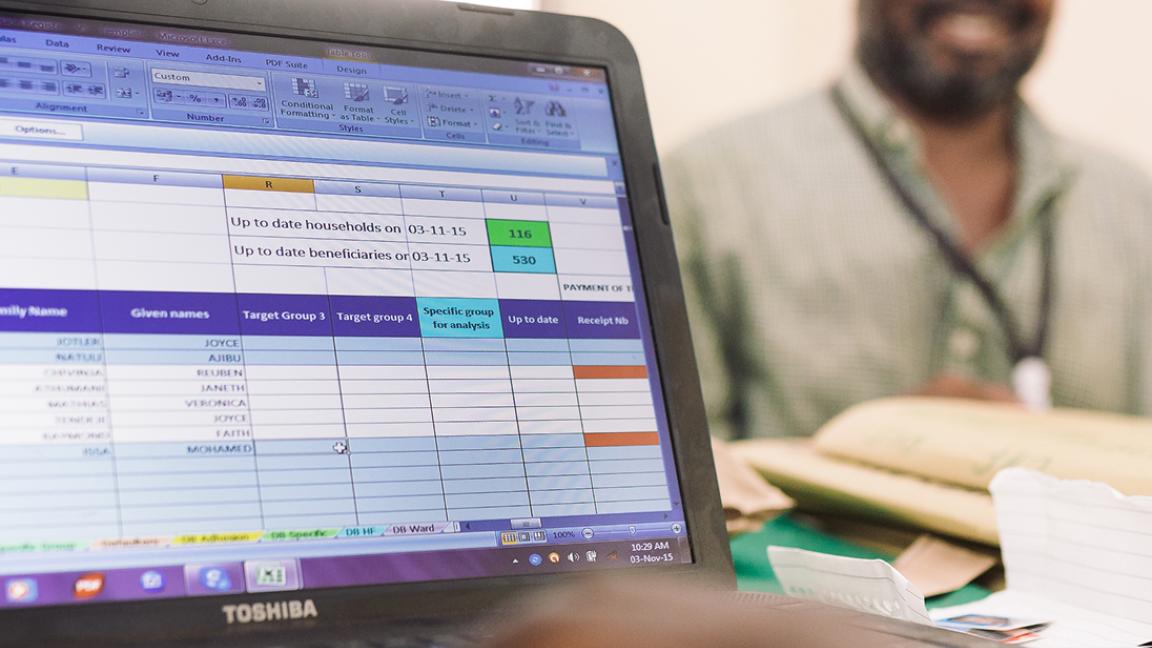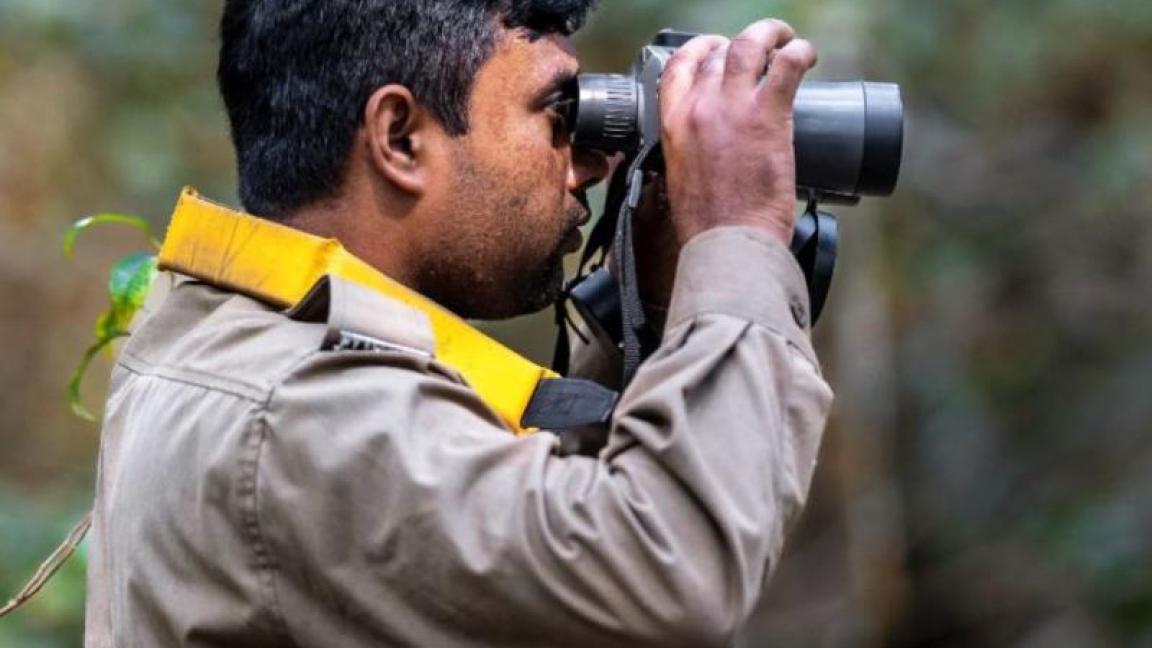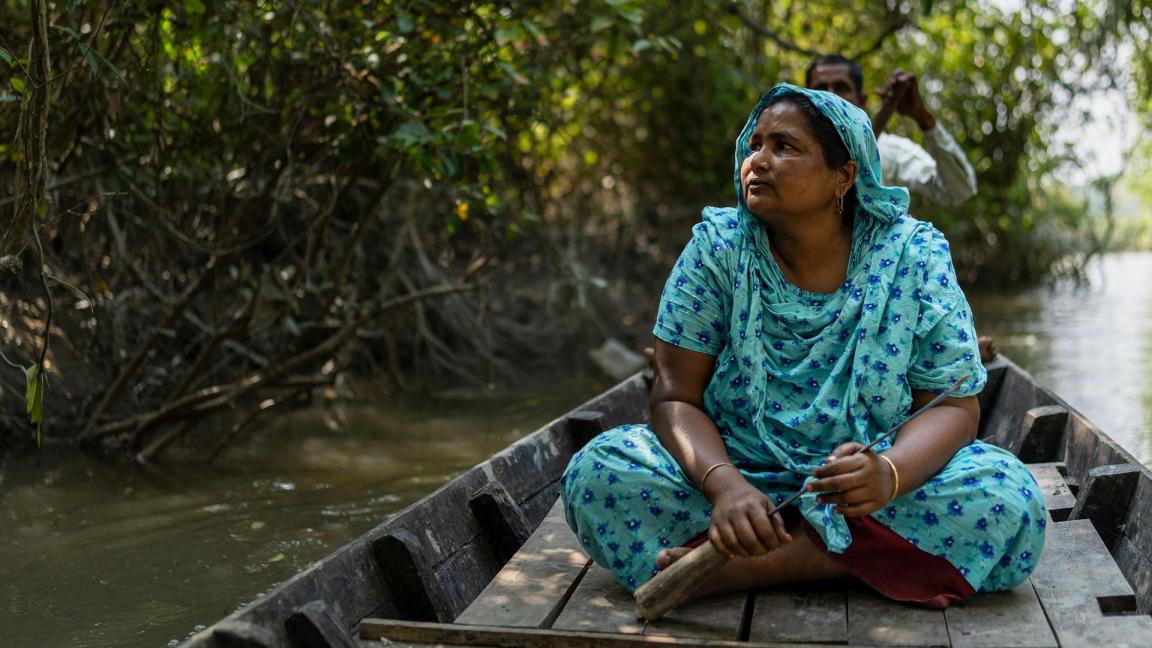The Deutsche Gesellschaft für Internationale Zusammenarbeit (GIZ) GmbH has been working in Bangladesh since 1972.
In recent years, Bangladesh has generated significant economic growth and considerably reduced its level of poverty. However, it still faces environmental and social challenges. More and more people are moving to its towns and cities, which are straining under the pressure of this rapid urbanisation. The country is also feeling the impact of climate change. Floods and cyclones are occurring more frequently and with increasing severity. On top of this, climate change and the overuse of ecosystems are leading to the loss of biodiversity and the degradation of biotopes in Bangladesh. Pressure on resources from land and sea is growing.
Our work on site: For urban development and climate protection
GIZ is working in Bangladesh on behalf of the German Federal Ministry for Economic Cooperation and Development and the European Union (EU). The priority areas of cooperation are:
- energy, climate and urban development
- Sustainable economic development, education and employment
- Conserving biodiversity
To prepare towns and cities for this increasing urbanisation, GIZ is working alongside the Bangladeshi Government on national and city-specific development planning. This is particularly geared towards supporting people on low incomes, as well as improving access to financing for adaptations to climate change. This creates long-term income opportunities and simplifies social support services.
GIZ is working with state and academic institutions, the private sector and civil society on environmental protection, and is devoted to raising social and environmental standards in the textile sector. Its training of young employees encourages environmentally friendly manufacturing practices. In courses, companies are helped to achieve certifications such as the ‘Green Button’.
GIZ promotes the restoration of ecosystems and is improving coordination between the authorities involved. As part of this, a green protective belt of mangroves has been established along the coast. The main goals here are to protect the Sundarbans, the largest contiguous mangrove forest in the world, and to improve management of the Swatch of No Ground marine protected area. Further important marine and land ecosystems will be integrated in future.
Bangladesh in brief
GIZ local staff
As of: 31.12.2025
- 221 National employees
- 33 International employees
Insights


